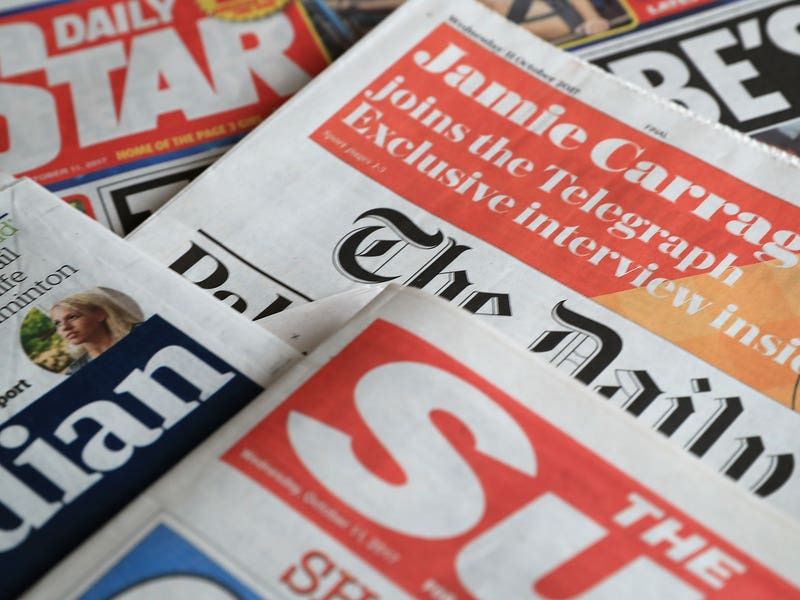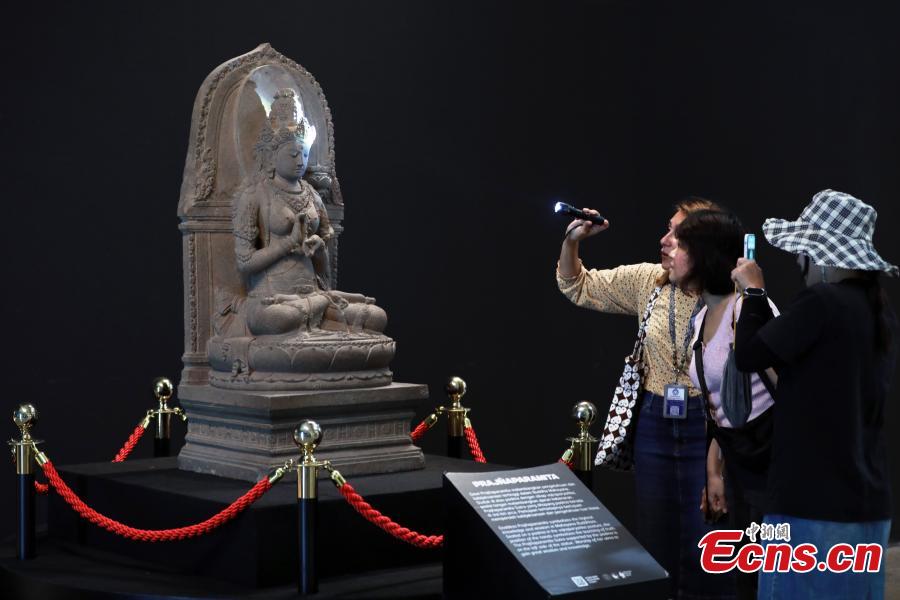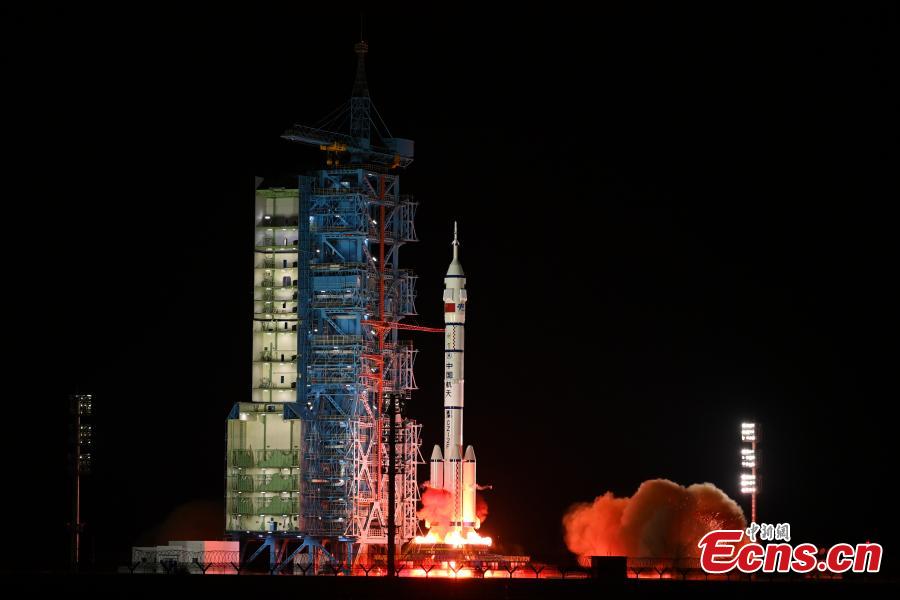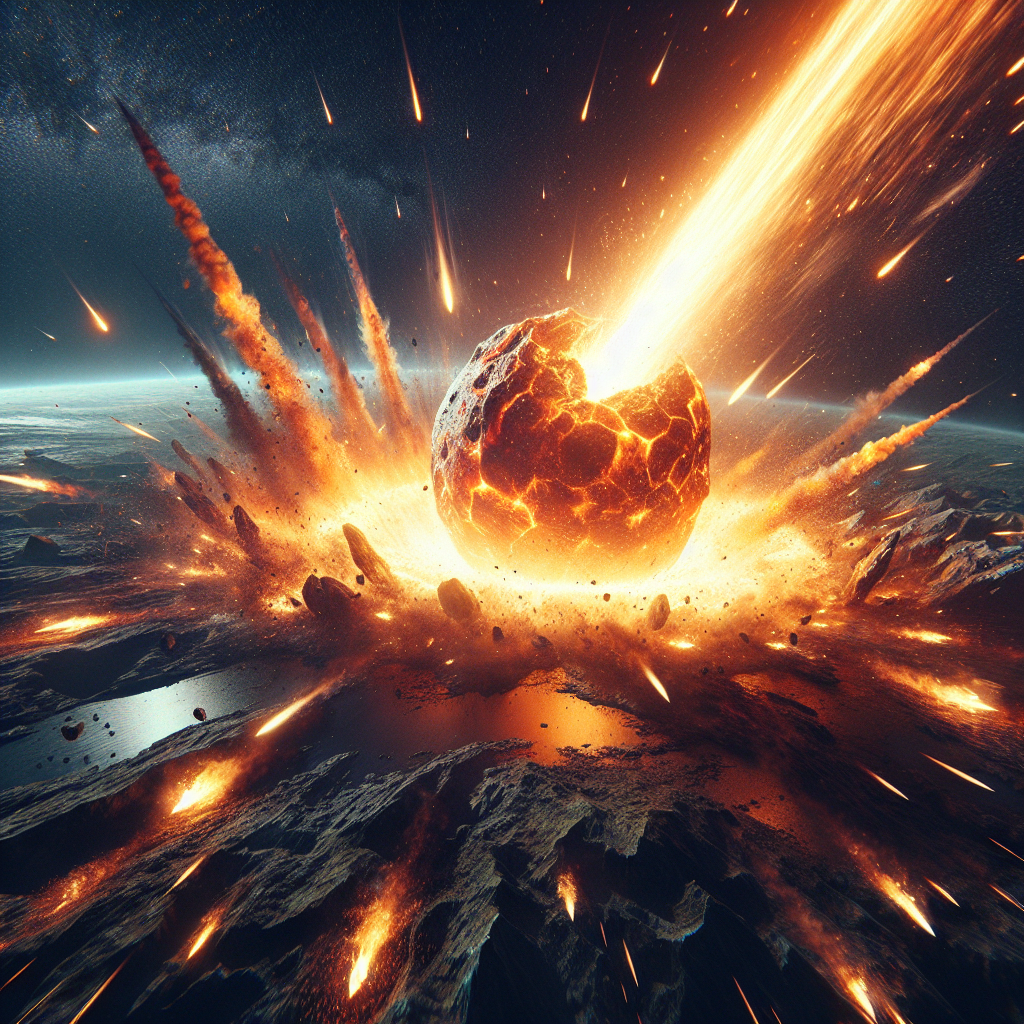
The injuring of some UN peacekeepers in South Lebanon recently in what seems to have been a confrontation between Israeli forces and Hezbollah militants could be seen as an aggravation of the current ‘International Disorder’. Given the crucial importance of UN peacekeeping in the world’s war and conflict zones, this incident deserves decrying by the international community. Whether this attack on the peacekeepers comes to be seen as inadvertent or not, the incident could be considered as taking the current bloodletting in the Middle East to a qualitatively new level as it were.
This is on account of the fact that the incident points to a further undermining of International Law by some of the more notorious aggressors of the world. A comprehensive formal inquiry into the attack by the international community and a naming and shaming of the aggressors concerned would be in order. Hopefully, there would be ready cooperation for this course of action by the external backers of the prominent parties to the relevant armed confrontation.
It would be in the vital interests of the permanent members of the UN Security Council (UNSC) in particular to attach great importance to this process, considering the implications for international peace of the incident in question. Since the escalation of the Middle East conflict over the past year, the attention of the world community has been called in this column to the need to strengthen the UN system. The observer cannot be faulted for seeing the UN as both helpless and hapless in this situation because its intervention in the crisis, for most part, has failed to prove effective.
However, it is world stability and peace that is being increasingly jeopardized as a consequence of the UN being rendered helpless by particularly some permanent members of the UNSC. The most tragic aspect of the runaway violence in the Middle East of today is the mounting loss of civilian lives on both sides of the divide. Next to be decried is the displacement of civilians, the relentless disruption of their normal lives, accompanied by the throttling of the process of providing some of their urgent requirements, such as food and water.
Over the months, these aspects of the conflict have been steadily aggravating, rendering the conclusion inescapable that the world is faced with nothing less than a civilizational crisis in the Middle East. To be sure, such humanitarian catastrophes have been numerous in the course of human history but the world has been in possession of some vital conflict resolution mechanisms since the end of the Second World War in the form of particularly the UN system that possesses the potential to defuse and resolve crises of the kind that are upon the Middle East at present. The fact that some of those state actors that were party to the creation of the UN system, could be today faulted for getting in the way of enabling the UN to carry out its vital functions in the area of peace-keeping, imparts an ironic dimension to the current Middle East bloodshed.
There is the case of the US, for instance, which is continuing to supply Israel with some of the most lethal weaponry which is today giving the latter the edge in its armed confrontations with its Middle East foes. Besides, the US has, thus far, remained unreservedly almost loyal to Israel, which factor tends to get in the way of Israel seeking a negotiated solution to the conflict. As is known, Israel has received ‘iron-clad’ guarantees on this score from the US.
However, peace-making in the Middle East is a two-way process and Israel cannot be expected to fall in line with the requirements of the international community if its adversaries and their external backers fail to cooperate fully in the peace process as well. That is, the Palestnian side, its armed formations and foreign backers are obliged at this juncture to cooperate in any Middle East peace-making efforts by adopting the relevant policies and mindsets that would be conducive to advancing a negotiated peace. Unfortunately, the latter factors are not in place in the region.
That is, inasmuch as Israel and its Western backers need to take the appropriate steps conducive to peace, the same must be done by the Palestnian armed organizations and their external backers such as Iran. If these conditions are not fully fulfilled, a Middle East peace settlement cannot be expected to materialize in the foreseeable future. Given this backdrop, one cannot expect the UN to be exceptionally effective in carrying out its peace keeping mandate and other vital obligations.
Nor could the world community be expected to come out with quick ways of motivating the permanent members of the UNSC in particular to be doubly ready to breathe, new rejuvenating life into the UN and its major organs. This is because far too many exacting and knotty internal power struggles are preventing the UNSC from living-up to the expectations of pro-peace sections. As has been suggested before in this column, UN reform promises one way out of this state of global dysfunction.
Such reform is necessary since the current UN system is based on a global power distribution that existed soon after World War Two and is no longer representative of present day international power realities. The permanent members of the UNSC, for example, are representatives of this dated power balance. Accordingly, broad-basing the permanent membership of the UNSC could be one way of resolving the state of deadlock the latter organ often finds itself in when confronted with complex international law and order questions.
India, Indonesia and South Africa easily come to mind as suitable nominess for permanent membership of the UNSC in any future reform process. Besides, BRICS is in a state of expansion and quite a few powers within it could come to be seen by particularly the South as suitable for permanent UNSC membership. But achieving an international consensus on the suitability of some of these powers could prove problematic because they are not all democracies and it is the latter governing system that offers the best prospects of development, correctly understood, within countries.
Besides, vibrant democracies do not go to war with each other easily. Thus, the world community has its work cut out. UN reform would prove a long arduous process, but the world would need to speed-up this process, since the alternative is stepped-up international disorder.
.










